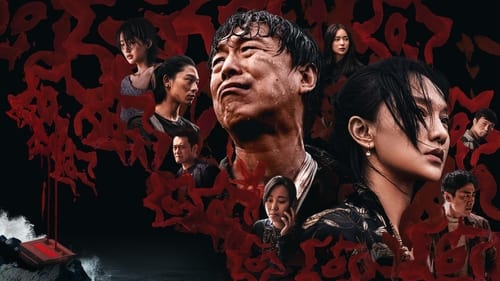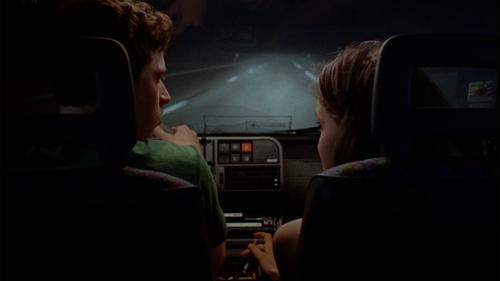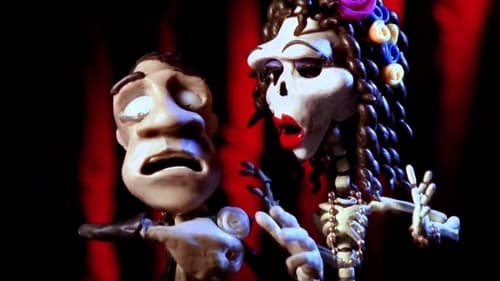热搜
(12 votos)
?
?

Recomendados

Across the Furious Sea
A murder case reveals unknown secrets of the killer and the victim.

The Mystery of the Almond Trees
A pair of macho private detectives pose as a gay couple to gain access into the world of a perverted wealthy widow, Doña Josefina, also known as “Mrs. Open Mind.” The widow’s summer home, it seems, is a legendary lightning rod for scandal because of mysterious and evil incidents that occur there.

Before Winter Comes
A family on a small farm tries to live as usual even though there is a violent coup in the country. The threat is constantly present.

Panda
Two teenagers are playing by night in a dirty parking lot. After they are driving on an empty road, they start to tease each other on the way to the sea, but they seem to be too young to drive and the road is a bit strange.

Down to the Bone
A man is wrongfully buried alive, and starts to descend to the Underworld.

What You See of Me
Gwen and her boyfriend Adam stumble into an open relationship. However, the light-hearted experiment gradually turns into a flurry of jealousy and unforeseen feelings. As their relationship is put under more and more pressure, Gwen has to face a familiar fear: of being alone.

Chantal Akerman: Always on the Road
An analysis of the work of Belgian filmmaker Chantal Akerman (1950-2015), an experimental and innovative artist, both in content and form, who has left her mark on cultural memory and on the creations of other artists.